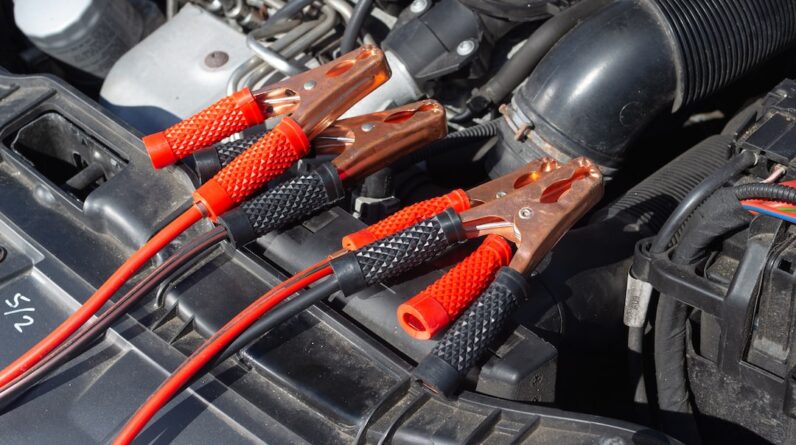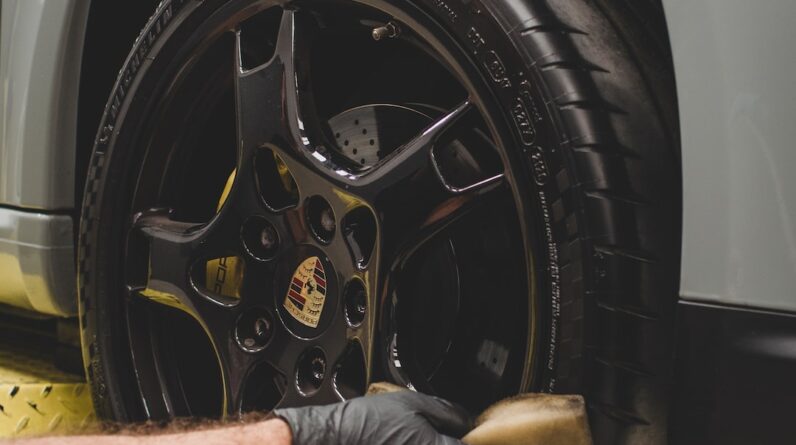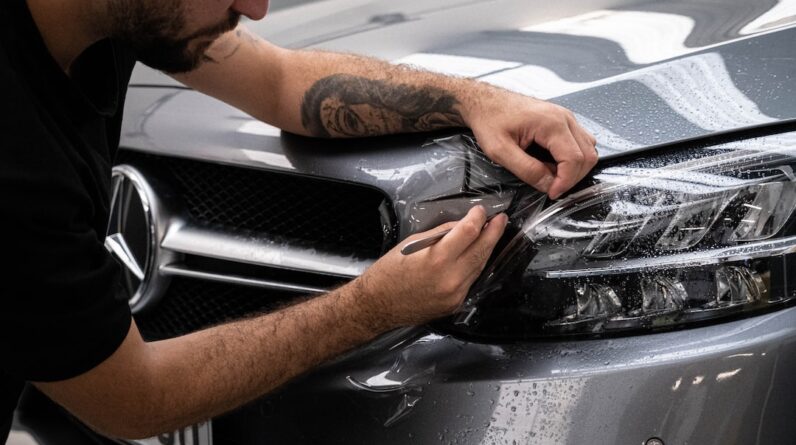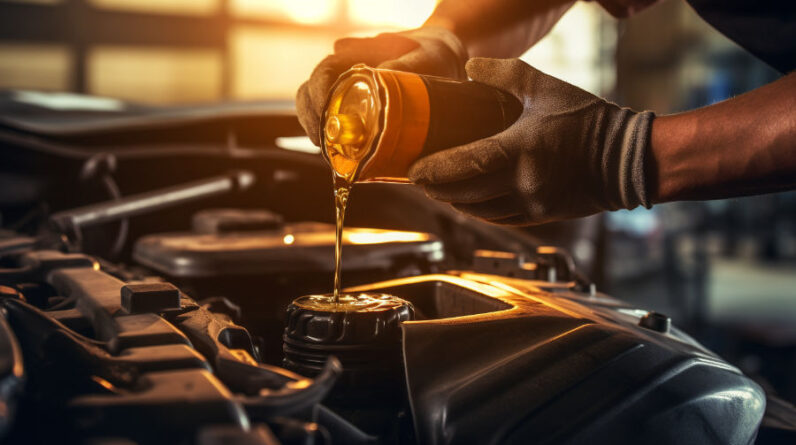Imagine your car as a well-oiled machine, tirelessly navigating through the twists and turns of life’s highways. Just like any machine, it requires regular maintenance to ensure its optimal performance and longevity. In the world of car maintenance, timing is everything.
How long should you wait before changing the oil, rotating the tires, inspecting the brakes, replacing the air filter, or swapping out the spark plugs? These questions can often leave car owners feeling lost and overwhelmed.
In this article, we will guide you through car maintenance schedules and explain how long each task should take. Don’t worry, we’ll make it easy to understand. We will help you understand when to change oil, rotate tires, inspect brakes, replace air filters, and swap spark plugs, to keep your vehicle running smoothly.
So buckle up and get ready to embark on a journey of car maintenance mastery!
Key Takeaways
- Regular oil changes should be done every 3,000 to 5,000 miles or every 3 to 6 months to remove dirt, sludge, and contaminants, preventing engine damage and maintaining fuel efficiency.
- Tire rotations should be done every 5,000 to 7,000 miles for optimal performance and longevity. Proper tire alignment and maintaining optimal tire pressure enhance handling, traction, and fuel efficiency while preventing premature tire replacement and uneven wear.
- Regular brake inspections are important for safety and vehicle longevity. Brake pads, brake fluid levels, and brake system components should be regularly inspected for wear or damage.
- Air filter replacements are essential for optimal performance and to prevent potential engine damage. A dirty air filter can decrease fuel efficiency, reduce power, and increase engine wear. Signs of a dirty air filter include reduced acceleration, black smoke from the exhaust, and a musty odor. Spark plugs should be checked and replaced every 30,000-50,000 miles or as specified in the car’s manual for optimal engine performance. Worn or fouled spark plugs can cause misfires or decreased fuel efficiency.

Oil Changes
Oil changes are a necessary part of regular car maintenance, ensuring optimal engine performance and prolonging the lifespan of your vehicle. The frequency of oil changes depends on various factors such as the type of oil used, driving conditions, and the age of your car. Generally, it’s recommended to change your oil every 3,000 to 5,000 miles or every 3 to 6 months.
Regular oil changes are important as they help to remove dirt, sludge, and contaminants, preventing engine damage and maintaining fuel efficiency.
Tire Rotations
Luckily, regular tire rotations can help extend the lifespan of your tires and improve the performance of your trusty ride. Proper tire alignment ensures even wear and prevents premature tire replacement. It also enhances handling and traction, making your car safer to drive.
Maintaining optimal tire pressure is equally important as it promotes fuel efficiency and prevents uneven wear. Remember to rotate your tires every 5,000 to 7,000 miles for optimal performance and longevity.
Brake Inspections
Brake inspections are a necessary evil that can save you from the heart-stopping experience of careening into the car in front of you. To ensure your brakes are in top shape, it’s important to address common brake issues promptly.
Regular brake maintenance is crucial for your safety and the longevity of your vehicle. Here are three sub-lists highlighting the importance of regular brake maintenance:
- Brake Pad Wear: Inspect brake pads regularly to prevent excessive wear and tear.
- Brake Fluid Levels: Check brake fluid levels and ensure they’re within the recommended range.
- Brake System Components: Regularly inspect brake system components such as rotors, calipers, and brake lines for any signs of damage or wear.
Air Filter Replacements
Regularly replacing the air filter in your vehicle is essential for optimal performance and to prevent potential damage to engine components. A dirty air filter can restrict airflow, leading to decreased fuel efficiency, reduced power, and increased engine wear. Signs of a dirty air filter include reduced acceleration, black smoke from the exhaust, and a musty odor. Don’t overlook this simple maintenance task, as it can greatly impact your vehicle’s performance and longevity.
| Signs of a Dirty Air Filter | Impact on Vehicle Performance |
|---|---|
| Reduced acceleration | Decreased fuel efficiency |
| Black smoke from exhaust | Reduced power |
| Musty odor | Increased engine wear |
Spark Plug Replacements
To ensure optimal performance, you need to replace your spark plugs regularly. Spark plug maintenance is crucial for your car’s engine to function properly. Over time, spark plugs can become worn or fouled, leading to common problems such as misfires or decreased fuel efficiency.
It’s recommended to check and replace spark plugs every 30,000-50,000 miles or as specified in your car’s manual. Regular maintenance will help prevent these issues and keep your engine running smoothly.
Frequently Asked Questions
How often should I check my car’s battery and what are the signs of a dying battery?
To keep your car battery in good condition, check it every 3-6 months. Signs of a dying battery include slow engine cranking, dim headlights, and electrical issues. Remember, prevention is better than cure.
Can I replace my own brake pads or should I always take them to a professional?
You can replace your own brake pads, but it is recommended to take them to a professional for safety reasons. Common mistakes in DIY brake pad replacement include improper installation and not properly bedding in the new pads.
How often should I have my car’s wheel alignment checked and what are the signs of misalignment?
To ensure proper wheel alignment, it’s recommended to have it checked every 6,000 miles or whenever you notice signs of misalignment like uneven tire wear or a drifting steering wheel. Follow these car maintenance tips for a smooth ride.
Is it necessary to replace the cabin air filter in my car and how often should it be done?
To maintain clean and fresh air inside your car, it is important to regularly replace the cabin air filter. This should be done every 12,000-15,000 miles or as recommended by your vehicle manufacturer.
What are the signs that my car’s spark plugs need to be replaced and can I do it myself?
To DIY spark plug replacement, look for signs of worn spark plugs such as misfires, decreased fuel efficiency, and difficulty starting the engine. Consult your car’s manual for specific instructions on how to replace them yourself.
Conclusion
So there you have it – the importance of regular car maintenance can’t be overstated. By adhering to a routine schedule of oil changes, tire rotations, brake inspections, air filter replacements, and spark plug replacements, you can ensure that your vehicle functions optimally and is safe to drive.
Neglecting these maintenance tasks can lead to costly repairs down the line and potentially compromise your safety on the road. Take the time to stay on top of these maintenance procedures, and you’ll enjoy a smoother and more reliable driving experience.






